Being a Nissan Certified Collision Repair Network facility can boost your business.
Technological advances in modern vehicle construction require collision shops and technicians to stay up-to-date with the latest advances in evolving material mix, new repair procedures and parts awareness. The number of owners who are enjoying the dependability, comfort, engineering, safety and performance of Nissan vehicles every day is growing. This growth brings the associated opportunity of more body collision work, whether that work is derived from your existing customers or those who currently visit your competition.
The Nissan Certified Collision Repair Network was developed as a dynamic and competitive program to recognize and distinguish body shops that meet or exceed Nissan’s standards for repair work, training, equipment, and delivery of customer service. From a shop perspective, this program offers a solid marketing opportunity and a way for shops to differentiate themselves in the industry. Open to both Nissan dealer-owned and independent collision shops, the CCRN program provides body shops with a roadmap to successful certification and access to the resources necessary to enable the complete, safe repair of Nissan vehicles. The program also gives body shops the opportunity to generate additional business through direct towing to certified shops as well as a web-based shop locator for owners to identify a certified shop in their area.

In addition to other Nissan certification standards, the automaker requires certified collision facilities achieve and maintain I-CAR Gold Class Professionals designation. Visit www.i-car.com to learn more about attaining this designation. Alternately, copy and paste www.youtube.com/user/icartraining into you web browser to watch an I-CAR video describing to process (courtesy I-CAR).
In addition, the automaker has partnered with the Inter-Industry Conference on Auto Collision Repair (I-CAR). I-CAR has been designated as the provider for the backbone of Nissan’s collision repair training. Certification requires the shop to be I-CAR Gold or be “on the road to Gold.†Nissan’s partnership with I-CAR helps ensure that every participating shop will receive the guidance and training needed to offer the quality products, professional staff, and enhanced services that meet Nissan’s exacting standards. For more information, please visit www.i-car.com.
I-CAR technical director, Jason Bartenan, stated, “Nissan is one of the few automakers that has delegated all of its collision repair training to be provided by I-CAR. Nissan’s relationship with I-CAR ensures that repair facilities and staff remain current with market changes, such as new materials that require the use of new repair equipment, tools, and procedures. The I-CAR Gold Class Professionals designation ensures that these quality-trained professionals have the knowledge and capabilities required to provide Nissan customers efficient, safe, and high-quality collision repairs.â€
Standardization Aligns Customer, Body Shop and Automaker Satisfaction
The purpose of the certification program is to provide tools and resources to ensure consistency when performing the complete, safe repair of Nissan and vehicles on a national basis. Facilities that have the willingness to participate in this program must also have the commitment to achieve higher standards than the rest of the collision repair industry. It should also be recognized that each time a vehicle owner comes into a CCRN body shop, it offers a face-to-face opportunity to reinforce the Nissan customer experience.
To achieve this, CCRN facilities must meet over 100 standards and requirements. This is readily achieved by collision facilities that have kept pace with current industry changes. The standards and requirements touch on the following areas:
- General Management
- Facility
- Operations
- Training Requirements
- Tools and Equipment
- Warranty
- The Certification Process
The CCRN program is a platform designed to satisfy all aspects of customers’ automotive service needs – including metalwork, framework, painting and parts. For consistent implementation of the program as the industry evolves – from application through to certification – Nissan requires that a consistent process be followed.
An interested collision facility must first successfully complete the application process, which begins with an online shop profile. Upon completion, an Axalta representative (the third party vendor currently working with Nissan) will contact the shop to schedule an onsite visit. During the first onsite visit, the shop auditor will work in conjunction with the owner/manager, or designated program coordinator. A comprehensive audit of the facility will be conducted that will determine which standards are met, as well as those that still need to be met.
Approximately two to three weeks after the initial visit, the shop auditor will arrange and conduct a second visit with the facility. During this second visit, the shop auditor uses the initial audit results to determine a Gap Analysis Report for the shop. In addition, the representative will demonstrate and train the facility to use the Nissan OEM Performance Analysis Web tool, which is an internal tool used to provide key performance indicators (KPI) for the shop.
The shop auditor will then send a summary report to Nissan describing the facility’s status, gaps, and implementation plan for completion of the CCRN program requirements. When all CCRN criteria are met, Nissan considers granting certification. However, should serious gaps be noted in the report, Nissan may request that the shop auditor conduct an optional third shop visit. The intent of this visit is to ensure compliance before final approval and certification is granted.
Annual recertification is necessary, which entails a validation audit to ensure that all standards (which can evolve with industry needs over time) continue to be met and that the facility action plan has been followed. The next year’s action plan is then created, followed by a summary report being sent to Nissan for recertification consideration.
Program Updates
As part of Nissan’s long-term development plan to further expand the network, partnerships with collision shops will be strategically targeted to ensure that owners’ collision repair needs are met. Through analysis of the Nissan insurance claims history and geography of units in operation, Nissan has identified key areas of opportunity and high priority for network shops needed across the country.
Nissan continues to promote the Certified Collision Repair Network to its owner base through a number of different methods. These marketing efforts include direct mail and electronic newsletters, which reach over 6.5 million Nissan owners. Also, on May 1, 2013, Nissan partnered with Cross Country to provide towing directly to Certified Shops. When customers call 1-800-NISSAN-1 to report that they have been in an accident, Nissan will cover the expense to have their vehicles towed directly to a Certified Shop within 50 miles of the accident.
Becoming a member of the Nissan Certified Collision Repair Network allows shops to differentiate themselves in the marketplace. As awareness of the network builds, Nissan anticipates consumer preference of Certified Shops to grow.
Nissan’s desire is to put the vehicle owner first. Repairing the vehicle properly ensures future crash worthiness and allows the vehicle to perform to OE specifications. Nissan continues to see great interest from shops seeking to enroll in OEM programs, in which the top priority is the owner of the vehicle, rather than the insurance company. At the end of the day, it’s all about the customer.
Robert J. McSherry, is the owner of North Haven Auto Body located in North Haven, Conn. He shared his experiences in the Nissan certification process and since.
“The application progress was pretty easy and it took less than 45 days to get it all done, which is exceptional when compared to the two other OEM programs that our body shop is certified for. Our shop practices, and already being certified for (courtesy North Haven Auto Body) other OEMs, helped us, as we already met some of the Nissan audit requirements.â€
He advised that body shops considering getting Nissan-certified be realistic in their expectations.
“First, realize that more work is not going to just magically appear at your shop. It is still our jobs as owners to figure out how to do that.”
“Second, clearly understand how these certification program works. It does not in any way mean that every local Nissan dealership that does not have its own shop will start to use you. It is not part of any of these programs that the dealers have to utilize a certified collision shop.
“Finally, know that today’s consumers expect and deserve our best every day. No certification program will make up for your own shop’s deficiencies. Make sure you are ready to do it right in the customer service end of it as well as the repairs themselves.
“That said, I am a firm believer in OEM programs such as the Nissan CCRN. It helps make the difference between a consumer picking our shop over another. I use the Nissan certification to build my brand, especially in my advertising campaigns, which I feel I get the greatest value out of. When our advertisements are viewed with the Nissan so-called stamp of approval on it, customers and prospects are impressed and often cite the certification as a deciding factor in their choice of repairer.â€

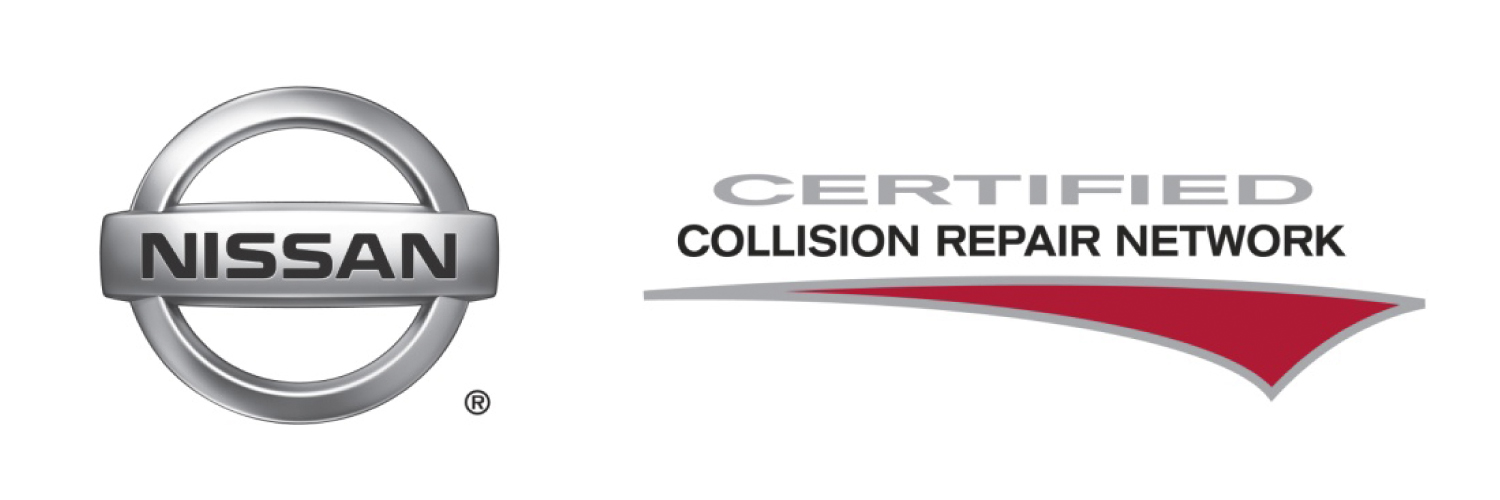
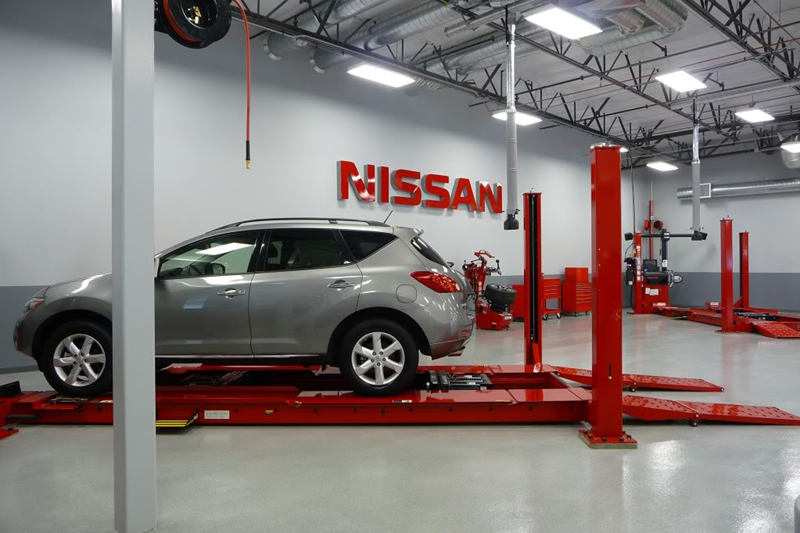
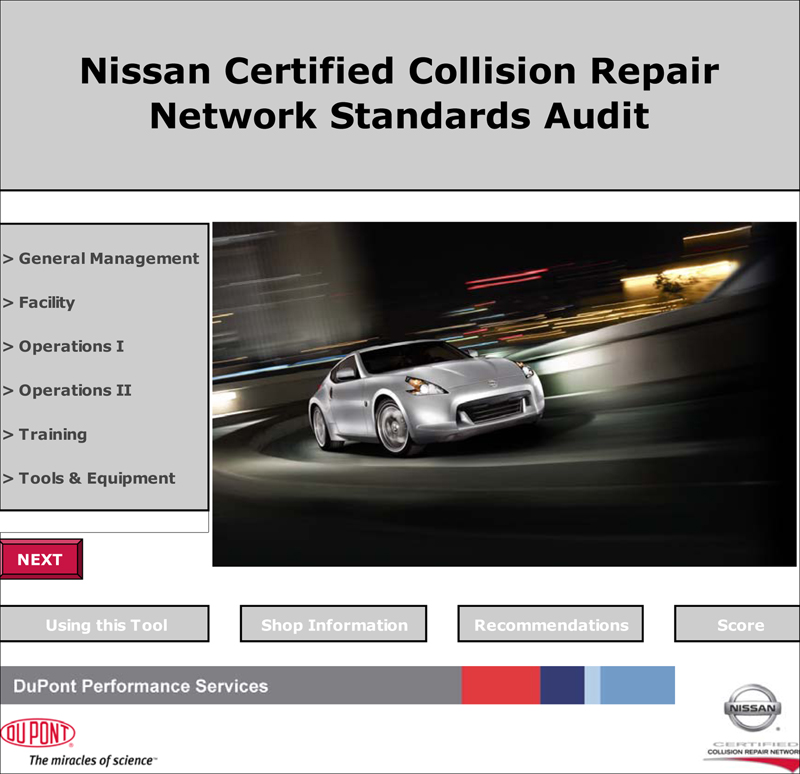
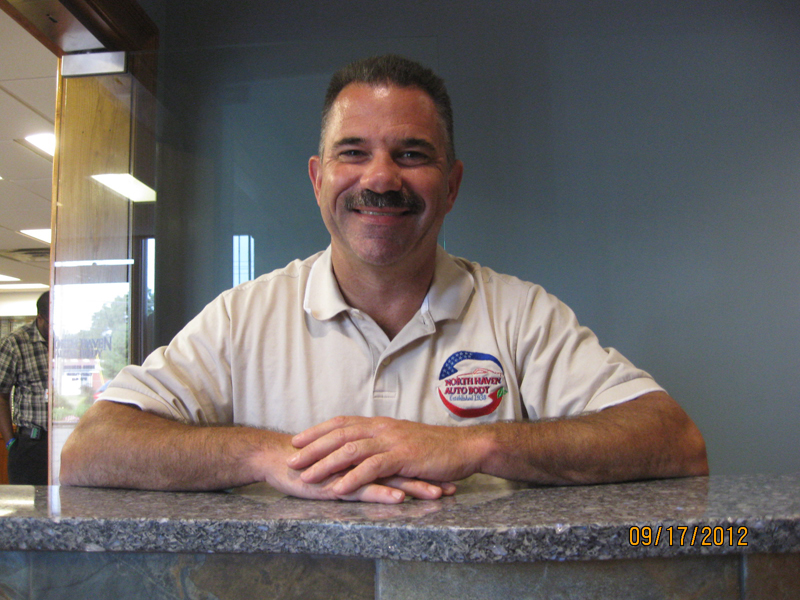
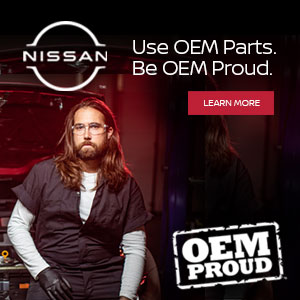
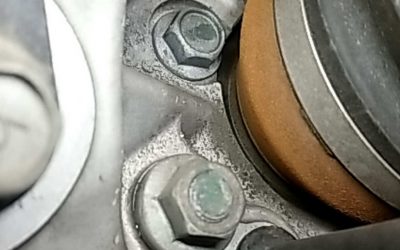
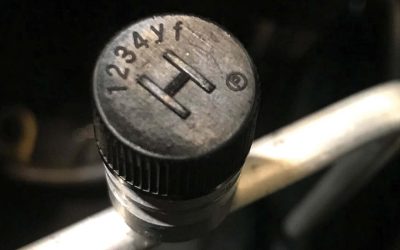
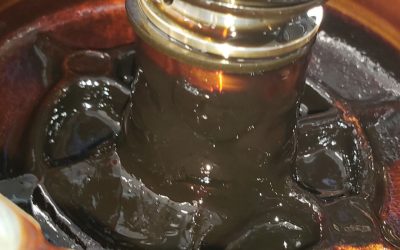
0 Comments